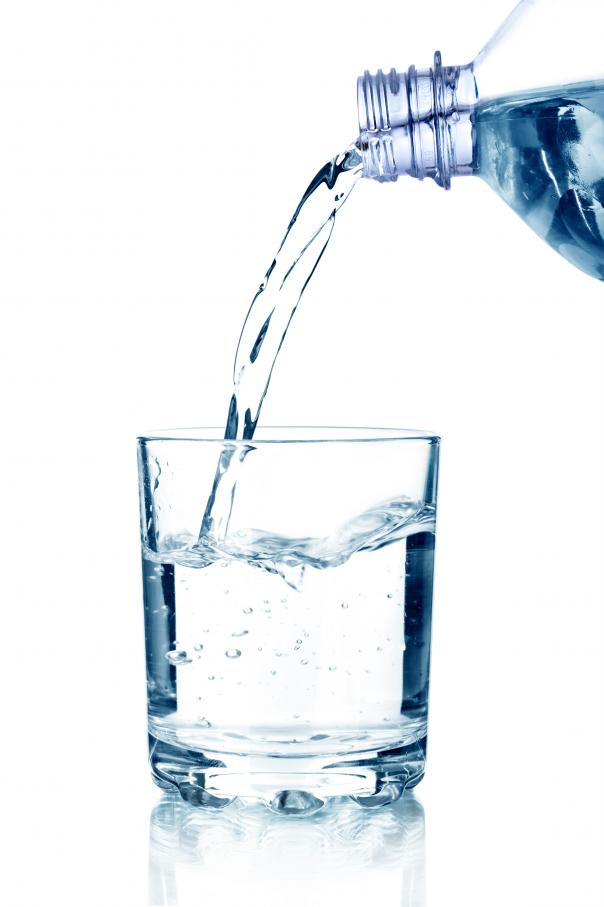
The study from academics at Oxford University and the London School of Hygiene also found that five times as many patients who live in care homes are admitted to hospital than those who live in their own home.
The study looked at 21,000 admissions to two north London NHS Trust hospitals and found that of the 1,430 care home residents admitted, 12% had high sodium levels - a common sign of dehydration.
In comparison, only 1.3% of the 20,180 patients admitted from their own homes were found to have high sodium levels.
High sodium levels, also known as hypernatraemia, can be severe, putting patients at increased risk of heart attacks and pneumonia.
The report suggests that care home staff could be neglecting to offer residents sufficient amounts of water, possibly to reduce the likelihood of incontinence and frequent requests for assistance.
The report also found patients admitted from a care home and suffering from hypernatraemia were 50% more likely to die. Whilst hypernatraemia itself lead to a five-fold greater risk of in-hospital mortality.
Industry bodies found the report to be ‘distressing’ and called for care home staff to ensure care home residents were adequately hydrated throughout the day.
Andy Jones, national chair of the Hospital Caterers Association, said: “This report is deeply distressing that older people living in care homes are more likely to be suffering from dehydration when they are admitted to hospital. To me dehydration is completely avoidable and unacceptable.
“What we have to consider is that older people may need assistance with drinking, and we need to ensure that care home staff are trained to help them drink and that they are getting enough. This then in my view will avoid increased health risks associated with dehydration; like low blood pressure, confusion and falls, which can lead to hospitalisation.”
Neel Radia, chairman of the National Association of Care Catering, said: “The NACC finds it very concerning to hear the report that more than one in ten pensioners who are admitted to hospital from care homes are dehydrated amid fears that staff do not want to clear up after incontinent residents.
Making sure that a resident is not going thirsty is a basic part of addressing an individual's needs and all cases of dehydration should ring alarm bells in care homes. Simple measures like assisting older people with drinking and having water readily available throughout the day are all small steps in ensuring the resident remains hydrated.”
The report looked at patients admitted to Barnet Hospital and Chase Farm Hospital aged over 65 years old, whose first admission to the Trust was between January 1st 2011 and December 31st 2013. The study was published in the Journal of the Royal Society of Medicine.